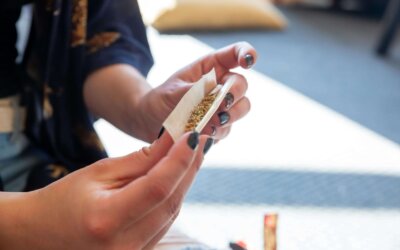One of the biggest reasons that parents hesitate to enroll their troubled teens into a residential therapy program is because they want to avoid the social stigma. Even though therapeutic boarding schools are quite successful in helping teens overcome their issues, there’s still the fact that some parents feel negatively judged by others and suffer from self-inflicted guilt that somehow they have failed as a parent.
Here are 3 myths about therapeutic boarding schools that you should know:
Myth #1. People who send their kids to therapeutic boarding schools aren’t good parents.
This is completely untrue. While parents have incredible influence on how their children develop, there are many different factors that shape the kinds of choices teens make. Instead of looking down on yourself for being a bad parent, remember that you’ve done your best and will continue to do so. If you want the real truth, know that you are actually a wonderful parent who is committed to helping their teenager reach their greatest potential by participating in a residential program.
Myth #2. Therapeutic boarding schools change kids by harsh punishment.
For several decades now, the medical community has made incredible progress in the rehabilitation and education of adolescents. In the past, troubled teens weren’t able to get the help they need, and their behavior often tore families apart. Today, mental health experts and professionals from across the country have created innovative and effective programs that help teens overcome their struggles. Troubled teens who go to therapeutic boarding schools are welcomed by staff and faculty as valuable, respectable individuals who deserve a good life.
Myth #3. Sending teens to therapeutic boarding school strains family relationships.
Actually, the opposite is true. Even though your child will no longer be living in your home, they will still be an important part of your family unit. Communication is encouraged, and you both will be working on re-establishing healthier relationships. As your teen learns to grow and thrive, away from the environment where they were previously struggling, they and their teachers and therapists can focus on healing. Between the intensive therapy, academic instruction and overall healing, your child will be in a better place to work on aspects of family relationships.
When you make the difficult decision is to enroll in a quality program, remember that you will probably get questions from other parents and perhaps even receive some judgemental comments. That’s your opportunity to educate those who are willing to listen and learn from your experience about therapeutic boarding schools, from the supportive environment and the licensed staff to the amazing activities and positive success rate. Together, you and your teen can help defeat the stigma associated with therapeutic boarding schools.
For guidance on choosing the right therapeutic boarding school for your family, please contact us at Help Your Teen Now.






0 Comments